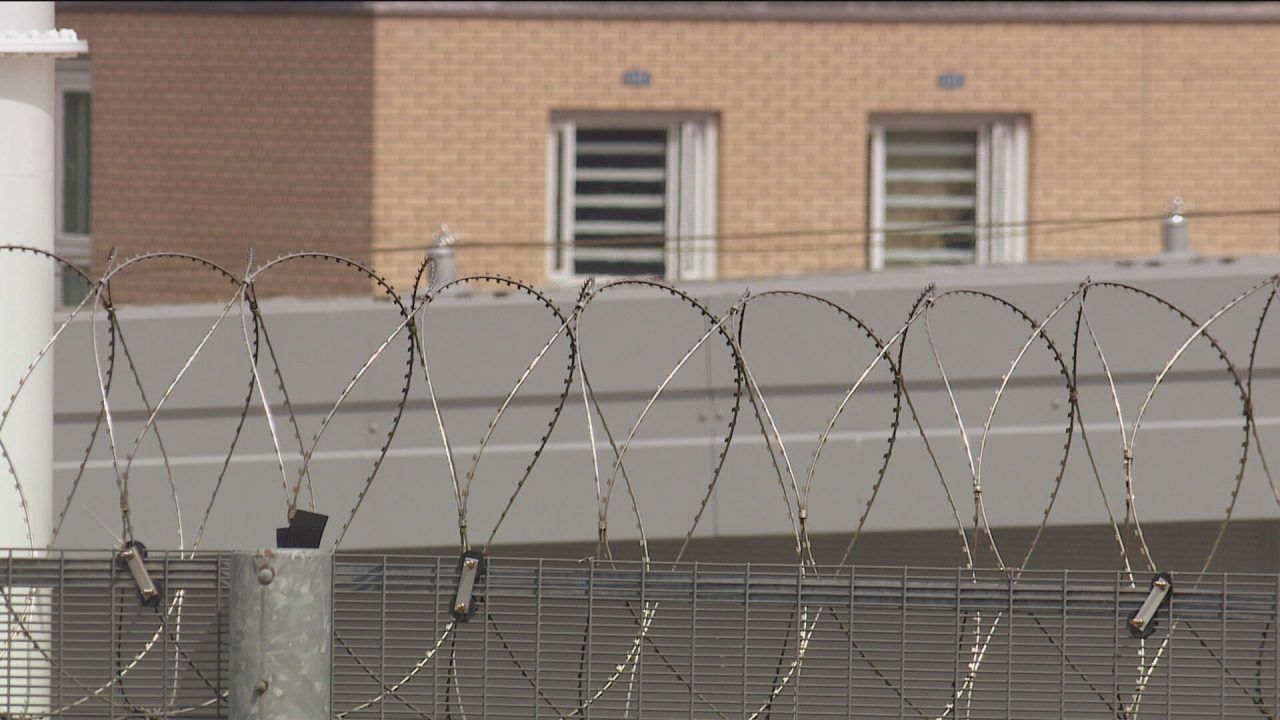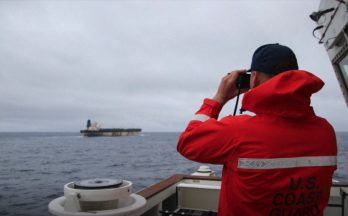The routine strip-searching of female inmates must end, the head of Scotland’s prisons inspectorate has said.
Wendy Sinclair-Gieben said the practice retraumatises those who have suffered sexual abuse and that she was “shocked” to discover strip-searching is continuing during a recent visit to a women’s community custody unit.
She has written to justice secretary Angela Constance setting out her concerns, as she prepares to stand down from her role as HM Chief Inspector of Prisons for Scotland.
Known formally as body searches, the practice is used by prison officers to check inmates for drugs, weapons or other contraband.
Ms Sinclair-Gieben said she is content for strip-searching to continue if it is intelligence-led, while scanners and metal detectors should be used instead of visual searches.
She said she had received a “positive” response from Constance, who committed to reducing the number of routine searches.
Speaking to BBC Radio Scotland’s Good Morning Scotland programme, she said: “Nonetheless, I was quite shocked when I went to new community custody units, which are founded on trauma-informed principles, to discover that women who are considered safe to be in the community were still being routine searched every five visits.”
Ms Sinclair-Gieben said strip-searching involves the whole body being exposed to a member of staff.
She said: “Why do I consider it traumatic? I think we have to remember that for women and young people there is often a significant history of abuse and sexual abuse.
“To have to show off your body to a total stranger repeatedly – I think argues that could retraumatise that sexual abuse and cause further trauma.”
A Scottish Prison Service spokesperson told the BBC: “The rights and wellbeing of those in our care, and the safety and security of our establishments, are key priorities.
“We have installed body scanner machines in 11 establishments and only conduct body searches where necessary to keep people safe.”
Constance said: “I am committed to ensuring that the human rights of the people in our prisons are respected, protected, and fulfilled.
“While there can be a legitimate role for body searching when it is based on robust intelligence or reasonable grounds for suspicion, I share the chief inspector’s concern that body searching of women in custody has been carried out on a more routine basis.
“The Scottish Prison Service is committed to becoming a more trauma-informed organisation and always look to utilise available technology which can be used to help create safe and secure environments for those who live, work, and visit our establishments, where this is viable.”
Follow STV News on WhatsApp
Scan the QR code on your mobile device for all the latest news from around the country


 STV News
STV News


























